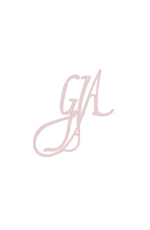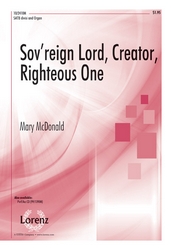- |
User Links
Let All Creation's Wonders
Hymn Information
- First Line
- Let all creation's wonders
- Author
- Martin Leckebusch
- Tune Name
- THAXTED
- Composer
- Gustav Holst, 1874-1934 (1921)
- Topic
- Creation · God as: Creator · Jesus Christ: Lord · Music and Singing · Elements of Worship: Praise and Adoration
Copyright Information
- Text Copyright
- © 2001 Kevin Mayhew, Ltd.
- Tune Copyright
- Public Domain
- Reprint/Projection Information
- Words: Permitted with a license from CCLI.com or from OneLicense.net. If you do not own one of these licenses, please contact the copyright holder for permission.
- Music: The Music is in the Public Domain; you do not need permission to project or reprint the Music.
Scripture References
Further Reflections on Scripture References
See how Psalm 148 is the primary reference, but a similar thought is found in Psalms 8, 33, 104, and 135. In addition, God’s provocative questions to Job in Job 38-41 aim to stir similar praise, awe and humility. However, back in Genesis 1 and 2 we are motivated to do the same.
Confessions and Statements of Faith References
Further Reflections on Confessions and Statements of Faith References
The God who was active in providing his Son for our redemption, has also been active in the course of history and in the lives of his people. His activity in the course of history began when he created all things. Belgic Confession, Article 12 teaches that God, “when it seemed good to him, created heaven and earth and all other creatures from nothing, by the Word—that is to say, by the Son.” In addition, “God created human beings from the dust of the earth and made and formed them in his image and likeness.”
His activity also includes his constant care for all he has created. “…He watches over us with fatherly care, sustaining all creatures under his lordship” (Belgic Confession, Article 13). Additionally, God reveals himself by this “creation, preservation and government of the universe, since that universe is before our eyes like a beautiful book...” (Belgic Confession, Article 2).
We also believe that God’s mighty acts are revealed “in the unfolding of covenant history…witnessing to the news that Our World Belongs to God and he loves it deeply” (Our World Belongs to God, paragraph 33). Primary among these actions in the unfolding of covenant history is “the long road of redemption to reclaim the lost as his people and the world as his kingdom” (paragraph 18). As God’s people observe his work in their lives and in history they respond with praise and adoration.
Let All Creation's Wonders
Call to Worship
Words of Praise
Additional Prayers
Let All Creation's Wonders
Tune Information
- Name
- THAXTED
- Key
- B♭ Major
- Meter
- 7.6.7.6 triple


 My Starred Hymns
My Starred Hymns







